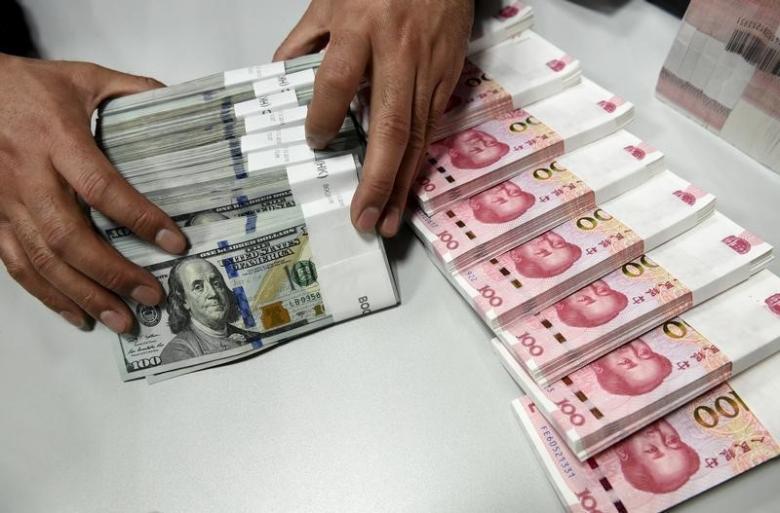Amway: the surprising growth of a cult-like company in China

Multi-level marketing (MLM, 传销 chuánxiāo) or direct selling is a business model where a company relies on its own customers to sell its products. The customers make a commission not only on their own sales, but also on sales of their own customers who are recruited as salespeople. This is essentially the business model of a pyramid scheme, which is how some observers describe America’s largest MLM companies such as Amway and Herbalife.
- In August, the Chinese government began a crackdown on gangs running pyramid schemes. Shares in Herbalife tumbled.
- By the end of the month, armed police in southern Guangxi Province had arrested more than 1,200 people for having links to a 360 million yuan ($54.6 million) pyramid scam.
- In October, official announcements about the death of a young man who was involved in a pyramid scheme brought the topic back into public discussion.
That’s Beijing has now published a feature on the operations of Amway in China. Noelle Mateer writes that Amway has opened massive propaganda-style ‘experience centers’ across China (one just opened in the middle of Beijing’s Sanlitun area this year), partly to get around the country’s strict anti-MLM rules.
- MLMs were banned in China in 1998, but anti-MLM legislation passed in 2005 paradoxically cleared the way for Amway to re-enter China because it defined what the company needed to do to avoid being labelled a pyramid scheme.
- The legal workaround is the construction of show rooms or “experience centers” that allow MLM companies to sidestep rules against direct sales networks.
- U.S. Education Secretary Betsy de Vos is married to Dick de Vos, former CEO of Amway and son of one of the company’s founders.
- Geely Geely Bang Bang
Chinese automaker buys flying car startup / Sixth Tone
“Zhejiang Geely Holding Group — which owns global car brands Volvo and Lotus — announced that it had bought flying car maker Terrafugia for an undisclosed amount” and vows to sell its first flying cars by 2019. - Investing
304% gains show Buffett-style investing now works in China / Bloomberg
“The Yu Shan Xun Niu No. 1 fund has posted one of the best performances in China’s $1.6 trillion private fund market by buying shares of no more than 10 industry giants.”
It’s been hard to lose money in China, unless you bought bonds / Bloomberg - English media on China
The rumors of our demise have been greatly exaggerated / Shanghaiist - Coal
China coal output falls to eight-month low on party congress / Bloomberg - Real estate
China home sales fall by most in almost three years on curbs / Bloomberg - International ecommerce
China’s cross-border shopping is now a $100b industry / Tech in Asia - Renewable energy
China’s renewable energy wastage targets may be hard to meet this winter: NEA / Reuters - Microlending and fintech
Chinese microlender Lexin files for a $500m US IPO / TechNode






